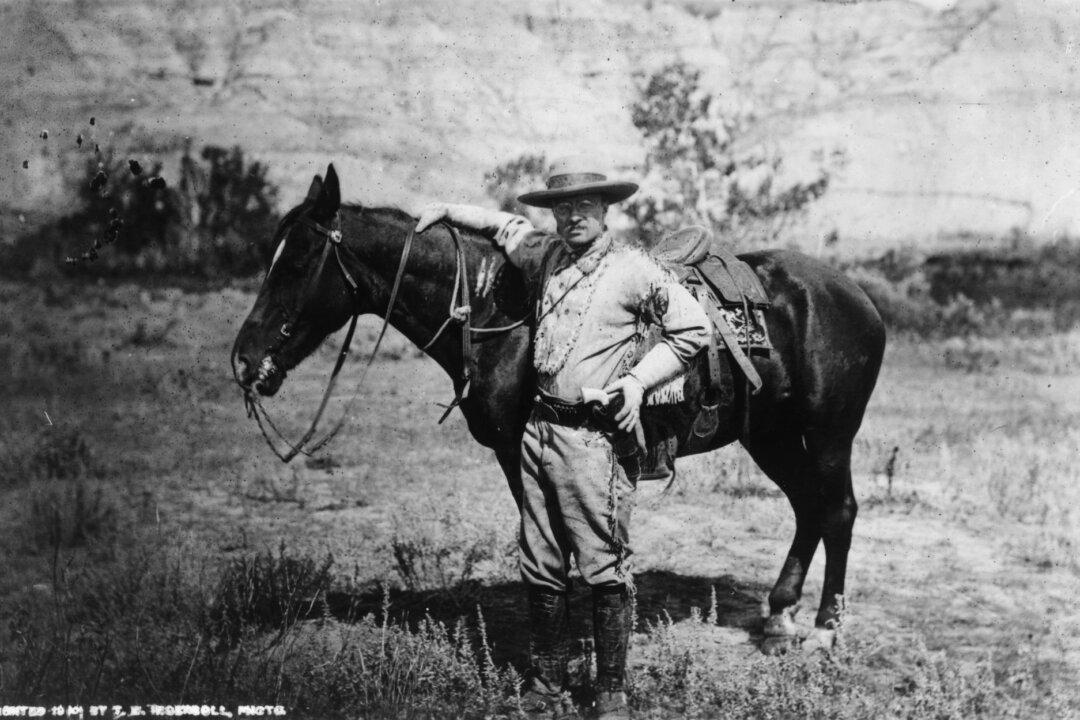If you’re anything like me, you sometimes hoard work. But this is a trait I have managed to improve over time, by realizing that work-hoarding is rooted in ego and a lack of faith, and ultimately isn’t healthy.
Only after giving deep reflection to the proverb “Many hands make light work”—which my wonderful mother said to us kids on a frequent basis—have I realized that it applies not only to encouraging others to share the load, but also to the importance of loosening your grip on your own part and letting others chip in.





